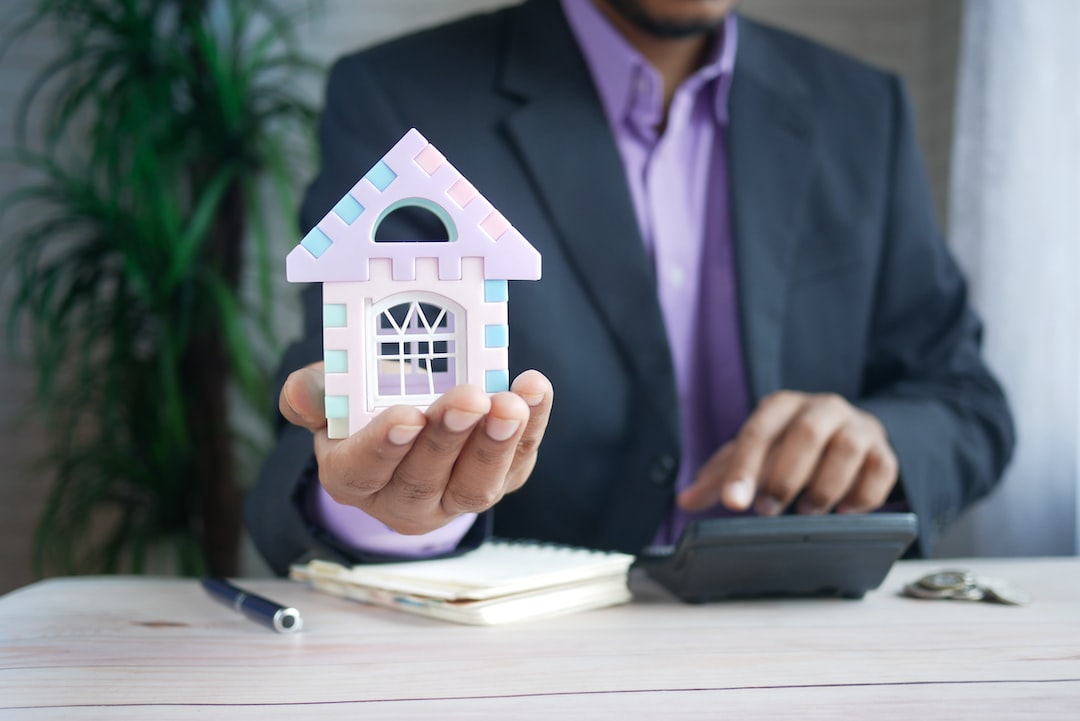The Hidden Costs of Homeownership
For many people, owning a home is the epitome of the American Dream. The idea of having a space to call your own, where you can build lasting memories and invest in your future, is incredibly enticing. However, amidst the excitement of becoming a homeowner, it is crucial not to overlook the hidden costs that come with this significant financial commitment. In this blog post, we will explore some of the hidden costs of homeownership and how they can affect your budget.
1. Property Taxes: One of the most significant hidden costs of homeownership is property taxes. Unlike renters, homeowners are responsible for paying property taxes to the local government, which can vary depending on the area. Property taxes are typically calculated based on the assessed value of your home, and they can increase over time as property values appreciate. It is essential to consider property taxes when budgeting for homeownership, as they can significantly impact your monthly expenses.
2. Insurance: Another hidden cost of homeownership is insurance. When you own a home, it is crucial to protect it with homeowner’s insurance. This insurance covers your property in case of damages or losses caused by unforeseen events such as fire, theft, or natural disasters. The cost of homeowner’s insurance can vary depending on factors like the location of your home, its age, and your claims history. It is wise to research and compare insurance policies to find the best coverage at a reasonable price.
3. Maintenance and Repairs: As a homeowner, you are solely responsible for maintaining and repairing your property. Regular maintenance tasks, such as lawn care, cleaning gutters, and servicing HVAC systems, can add up over time. Additionally, unexpected repairs can arise at any time, such as a leaky roof or a malfunctioning water heater. It is crucial to set aside funds in your budget for ongoing maintenance and potential repairs to avoid financial strain down the line.
4. Utilities: When transitioning from renting to homeownership, one often overlooked cost is utilities. As a homeowner, you will be responsible for paying all utility bills, including electricity, water, gas, and garbage disposal. These costs can vary significantly depending on factors like the size of your home, its energy efficiency, and your family’s consumption habits. It is essential to factor in these costs when budgeting for homeownership to avoid any surprises.
5. Homeowner’s Association Fees: If you live in a community or development with a homeowner’s association (HOA), you may be required to pay monthly or annual fees. These fees contribute to the maintenance and upkeep of shared amenities, such as pools, clubhouses, or landscaping. HOA fees can vary widely, depending on the services provided and the location of your home. Before purchasing a property within an HOA, it is crucial to thoroughly understand the fee structure and its impact on your budget.
6. Home Improvement Projects: Many homeowners desire to personalize their space and make improvements to increase their home’s value. However, home improvement projects can quickly become a hidden cost of homeownership. Whether you want to update your kitchen, renovate a bathroom, or add a new room, these projects can be expensive. It is important to carefully consider your budget and prioritize projects that align with your long-term goals.
7. Moving Expenses: Lastly, when buying a home, it is crucial to consider the expenses associated with moving. From hiring professional movers to purchasing packing supplies and temporarily storing your belongings, moving costs can add up quickly. It is essential to include these expenses when calculating the overall cost of homeownership to ensure you are prepared for the financial impact.
While homeownership can be a rewarding and fulfilling experience, it is vital to be aware of the hidden costs that come along with it. By understanding and budgeting for property taxes, insurance, maintenance, utilities, HOA fees, home improvement projects, and moving expenses, you can ensure that homeownership remains a positive and sustainable investment in your future. Remember, careful planning and financial awareness are key to achieving long-term homeownership success.

